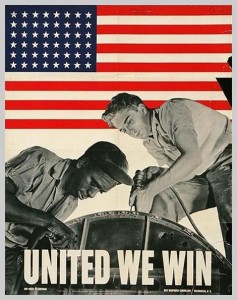I love going out and speaking and meeting with HR and Talent pros across the world (I can say ‘world’ now because I’ve spoken in Canada and the Cayman Islands, which technically makes me an international speaker!). It’s a privilege to be certain. I also really like when I get pimped constantly for free advice. It’s part of the gig.
If you go around telling people you know something about something, guess what? They’re going to ask you to tell them about something, specifically as it relates to their circumstance. So, I get asked my advice quite a bit about talent and HR issues people are facing.
There is a bucket of questions I get asked that fall into the same type of category. These questions all have to do with how do we ‘fix’ something that isn’t working well in their HR and/or Talent shops. How do we get more applicants? How do we get managers to develop their people? How do we fix our crazy CEO? Etc.
I used to go right into how I would solve that problem if I was in their shoes. Five minute solutions! I don’t know anything about you, or your situation, but let me drop five minutes of genius on you for asking! It’s consulting at its worst! But it’s fun and engaging for someone who came to see me talk about hugging for an hour.
I’ve began to change my approach, though, because I knew, like they knew, they weren’t going back to their shops and doing what I said. The problem with my five minutes of genius, was it was ‘my’ five minutes, not theirs. It was something I could do, but probably not something they could do.
Now, I ask this one question: Do you really want to get better?
Right away people will quickly say, “Yes!” Then, there is a pause, and explanation, and sometimes from this we get to a place where they aren’t really sure they really want to get better. That’s powerful. We all believe that ‘getting better’ is the only answer, but it’s not. Sometimes, the ROI isn’t enough to want to get better. Staying the same is actually alright.
We believe we have to fix something and we focus on it, when in reality if it stays the same we’ll be just fine. We’ll go on living and doing great HR work. It just seemed like the next thing to fix, but maybe it actually is fine for now, and let’s focus on something else.
Many times HR and Talent pros will find that those around them really don’t want to get better, thus they were about to launch into a failing proposition, and a rather huge frustrating experience. Better to probably wait, until everyone really wants to get better.
So, before you go out to fix the world, your world, ask yourself one very important question: Do you, they, we really want to get better? I hope you can get a ‘yes’ answer! But if not, the world will still go on, and so will you.

